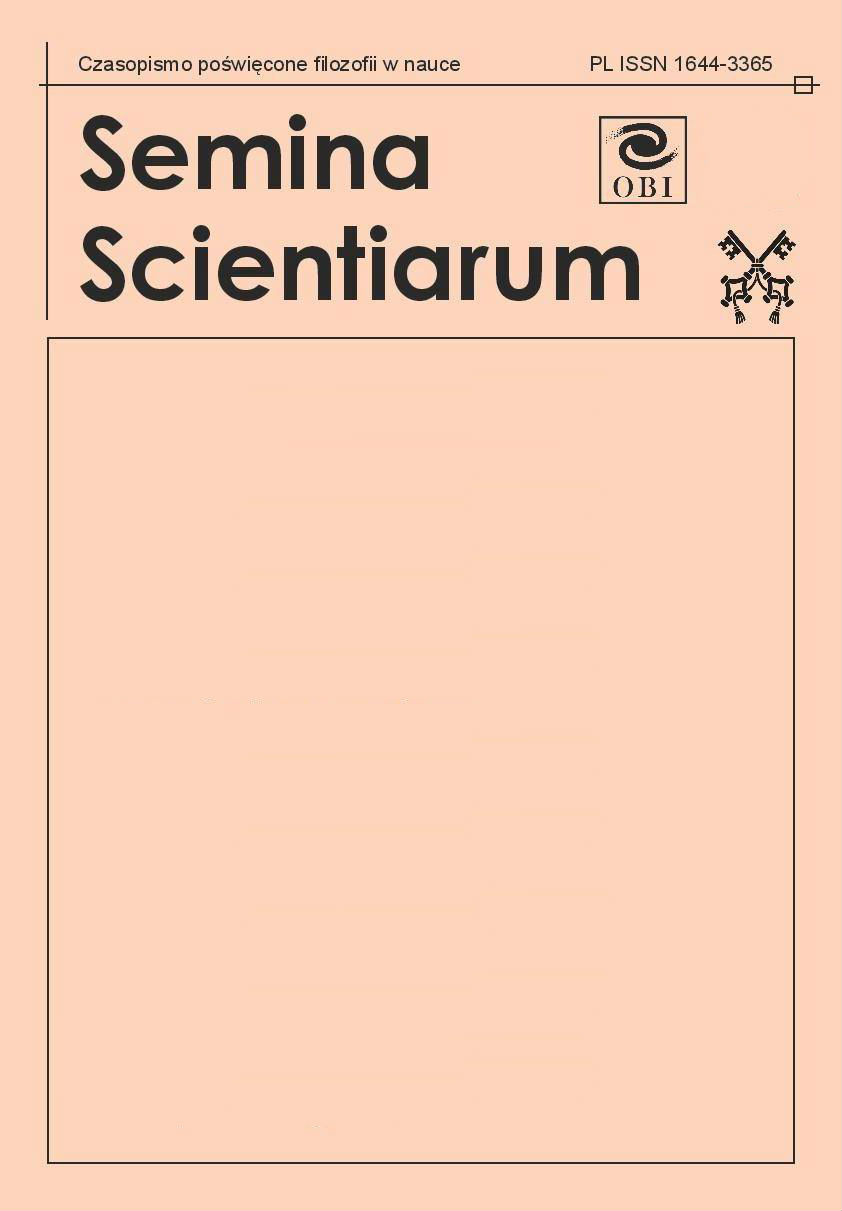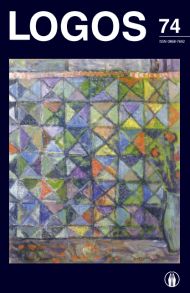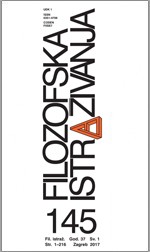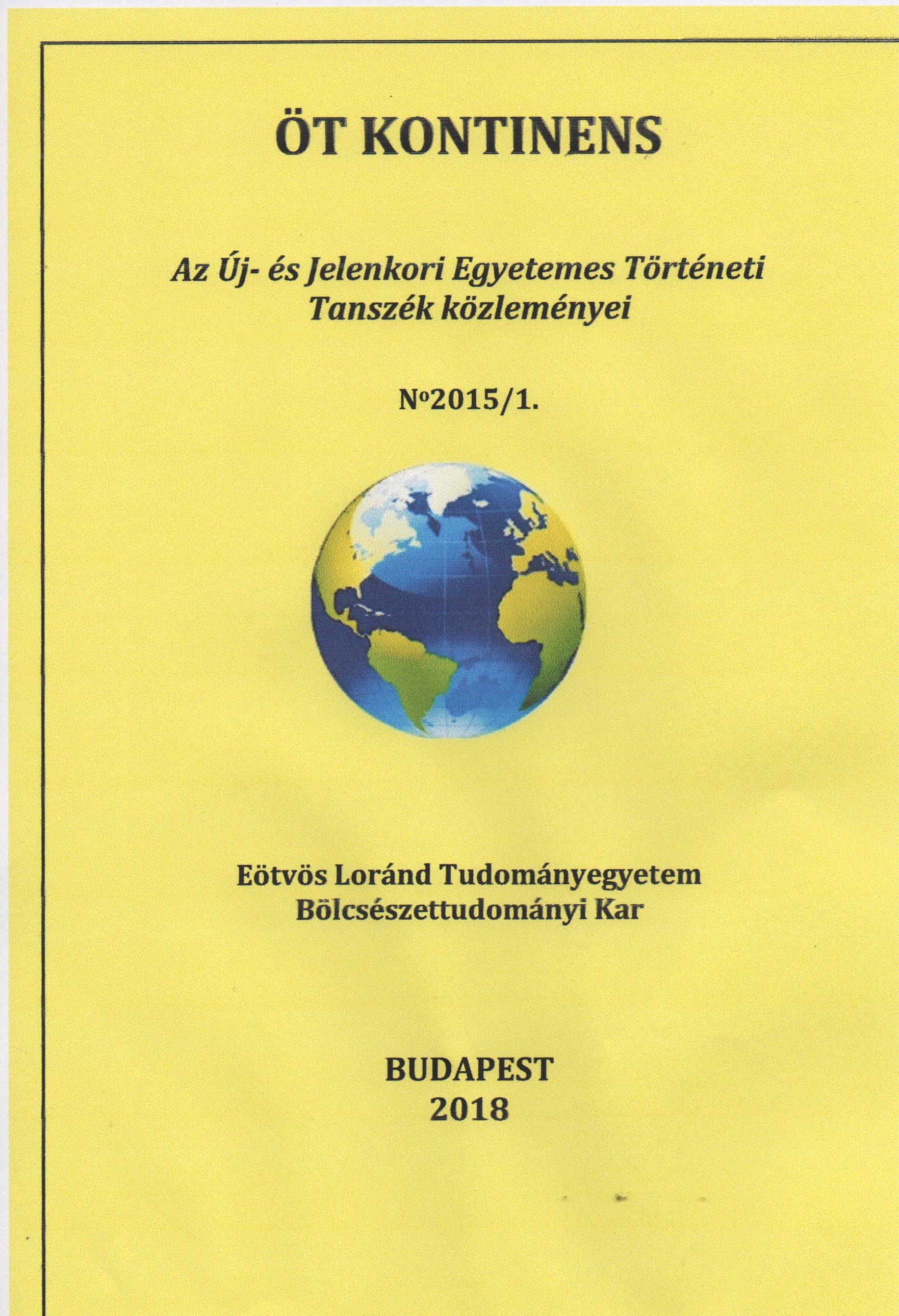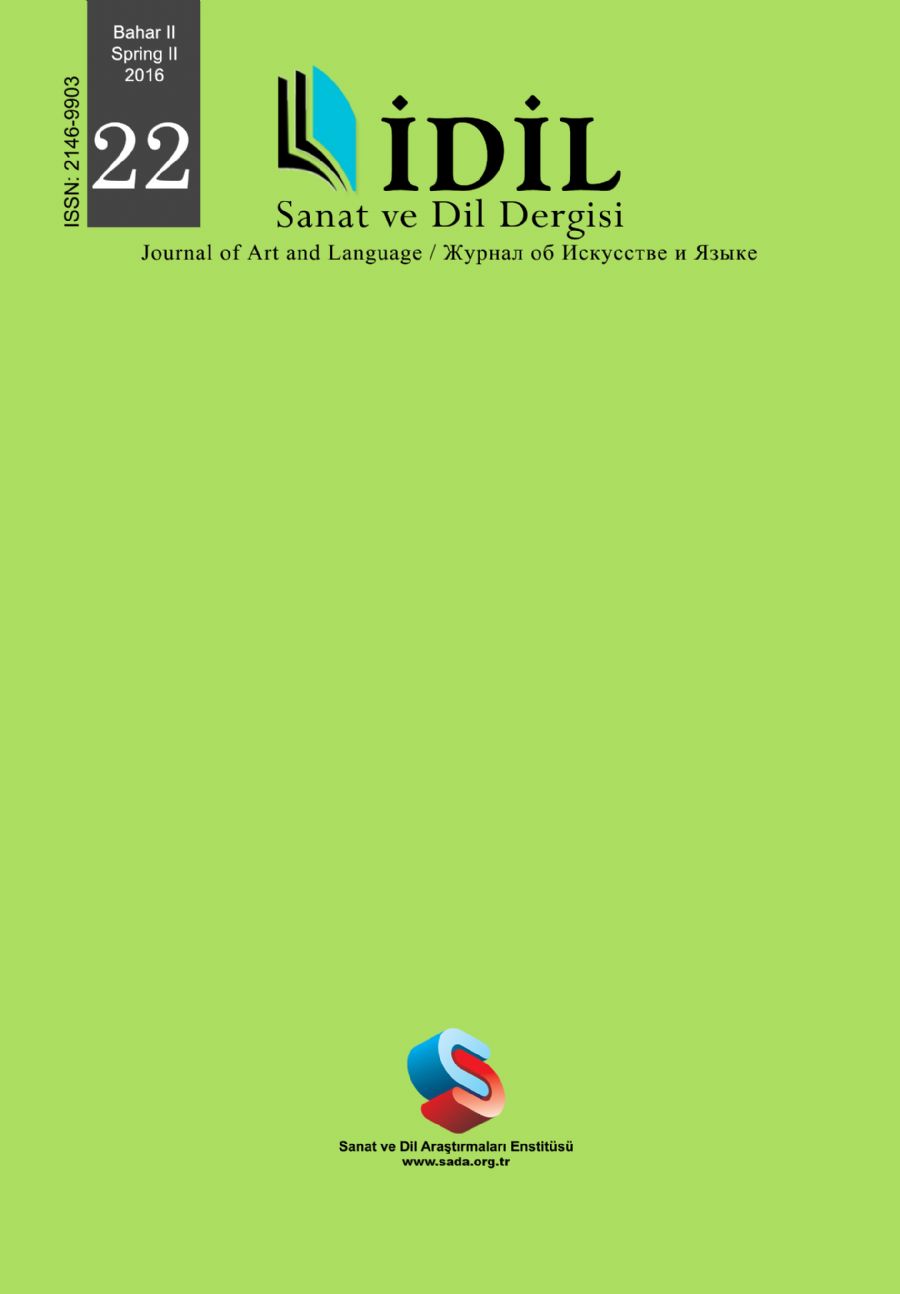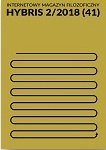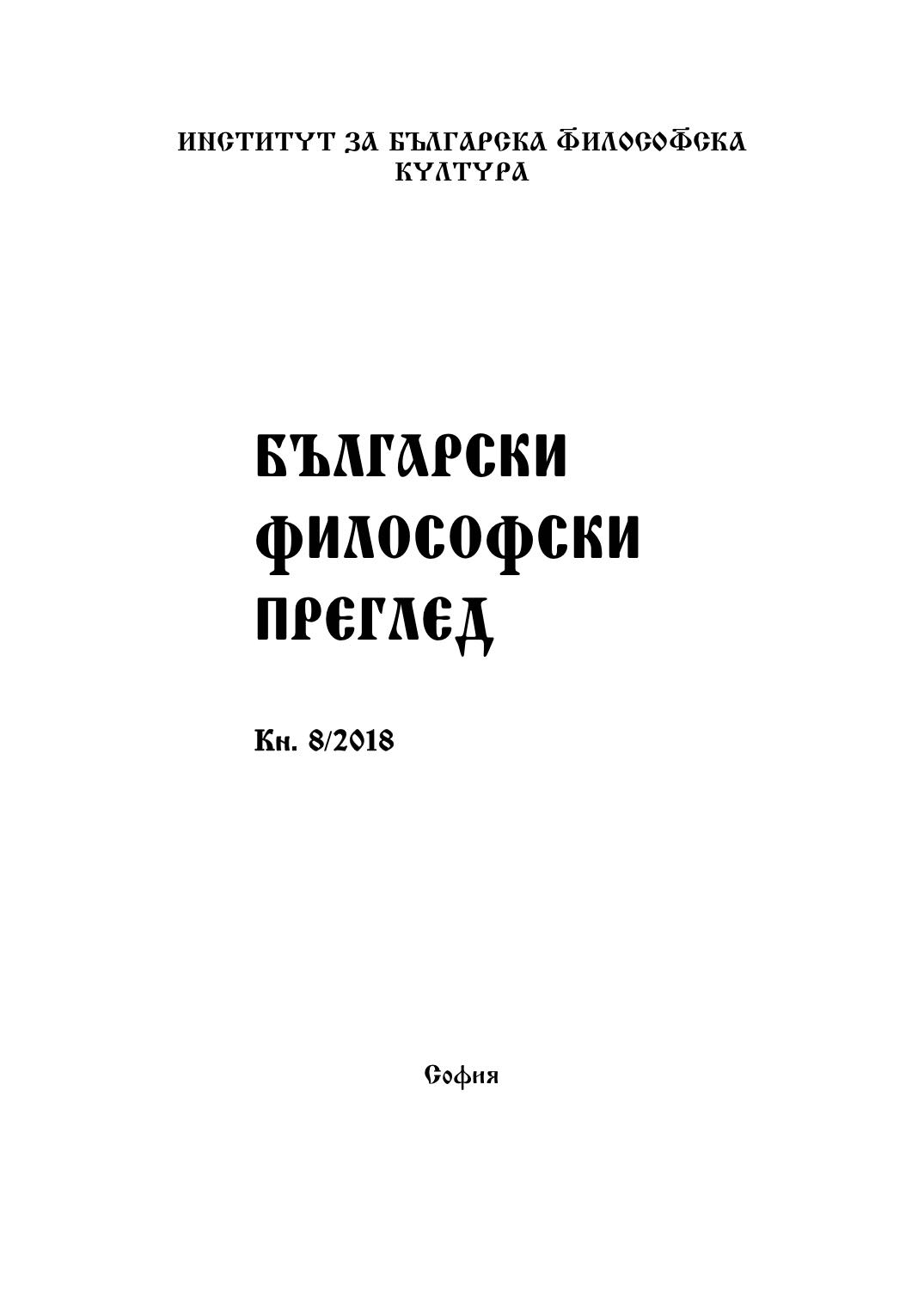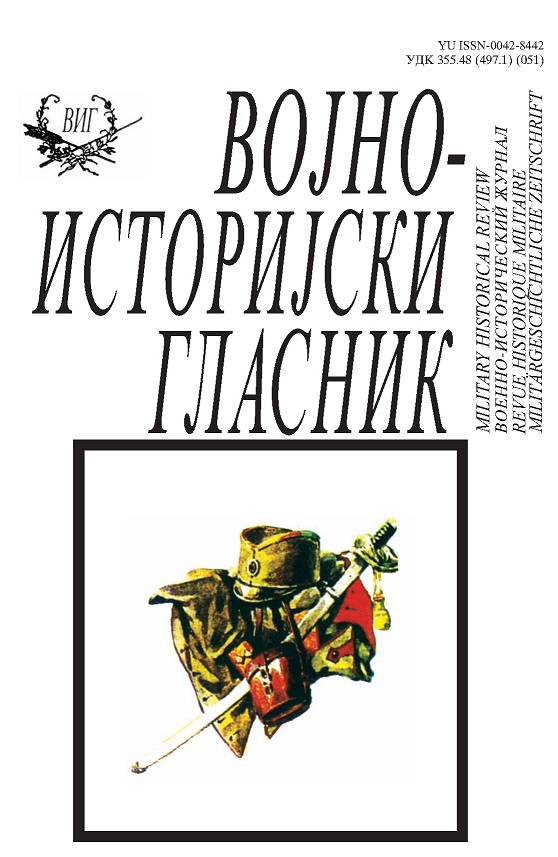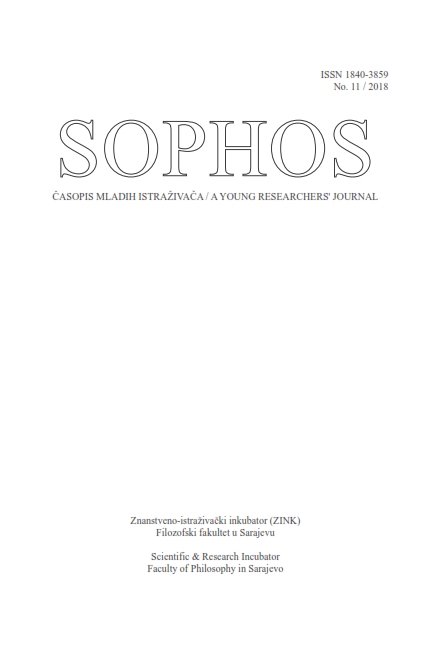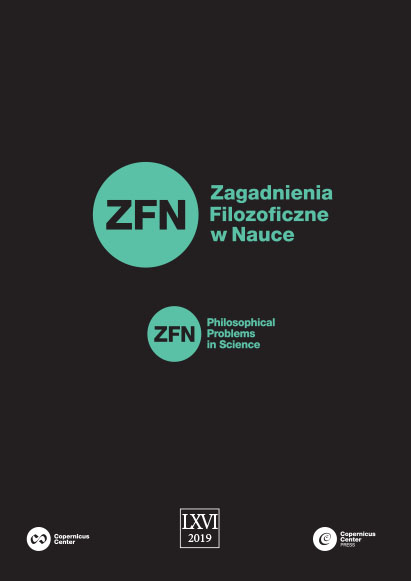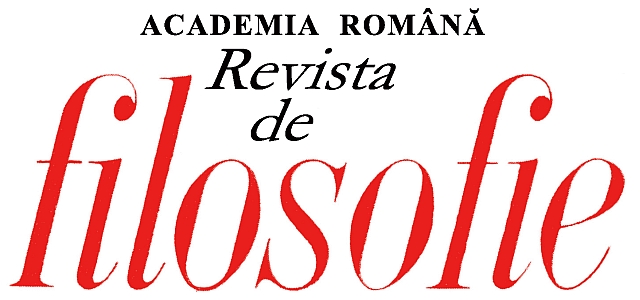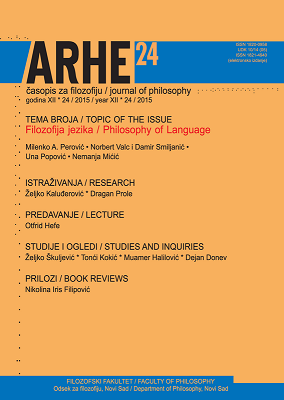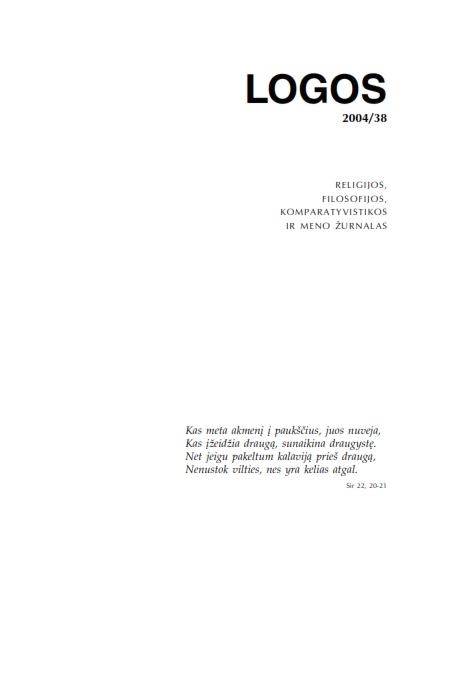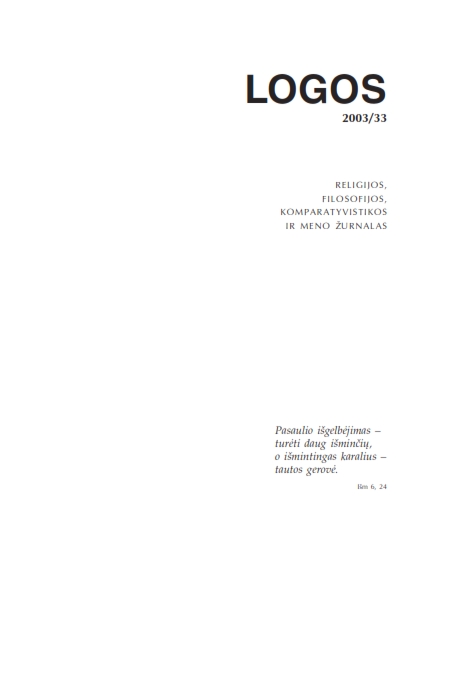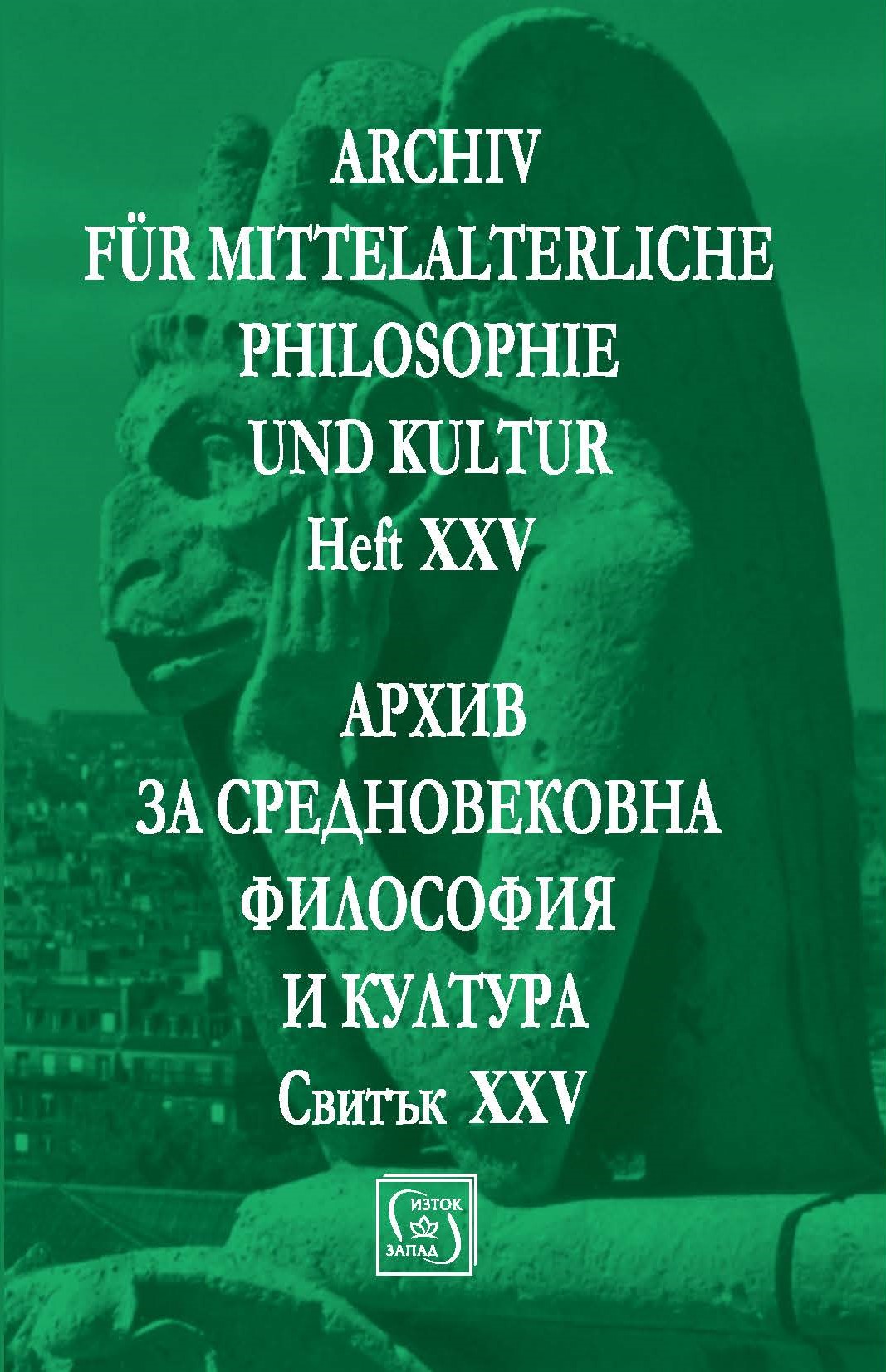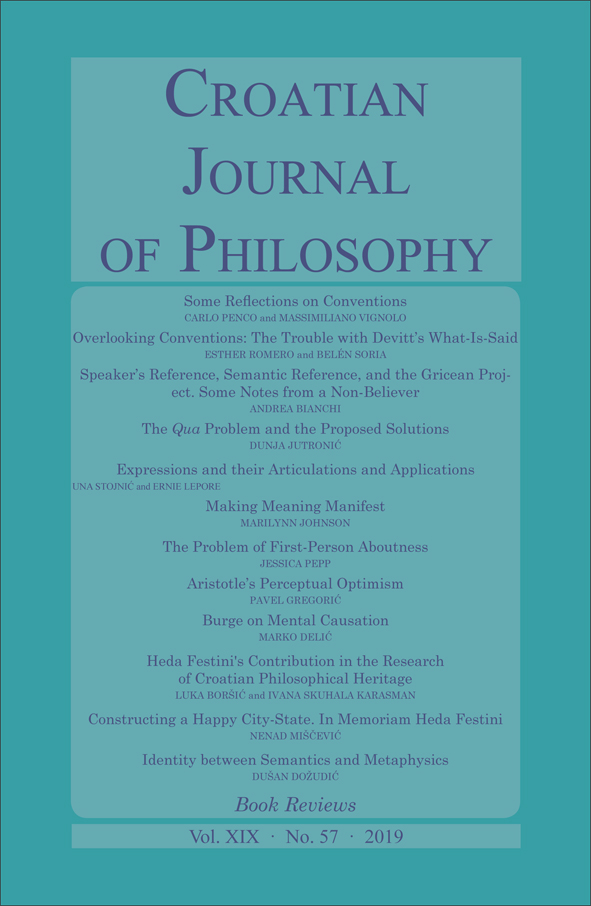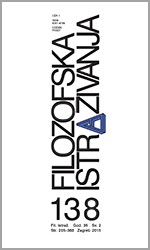
Giambattista Vico i propast Zapada
Since Giambattista Vico was one of the first philosophers of history who has written about the rise and the fall of the civilisation he is commonly referred to as a predecessor of Oswald Spengler and Arnold Joseph Toynbee. In that sense, Vico’s New Science can be seen as, among other, one of the first theories of the decline of the West. This kind of stand point would represent a simplification and a reduction of Vico’s thought if the meaning of the historical course in his philosophy would not be taken into account. There are two key elements of Vico’s philosophy of history. The first one is the thesis that human can absolutely comprehend only what he has created himself. This makes history comprehensible. Even more, history is an exemplary science. The second one is his Christian understanding of the course of history as a result of the cooperation between human action and Divine Providence. If we interpret Vico as one of the thinkers of the decline of the West the question is what the symptoms of this decadence are. As the possible signs of the Western civilisation crises one can outline widely present phenomena such as: nomadic way of life, promiscuity, lonely and anarchic existence. This reminds us of the age of precivilisation as described by Vico. Furthermore, we can observe the violation of the three fundaments of civilisation which Vico emphasises a crucial for the exit from the beastly stage and for the start of history course (corso): religion, marriage, and the burial of the dead. Among other signs there is also an important shift of paradigms which can be seen in pedocentrism in children’s upbringing. If by following Vico’s description of the fall of the civilisation we diagnose the decadent state of the West what are the three possible Vico’s resolutions of this situation in the 21st century? An emperor who abolishes anarchy and introduces order, a “healthier” civilisation which conquers a “decadent” one or the collapse of the civilisation and the fall into the bestial state?
More...
